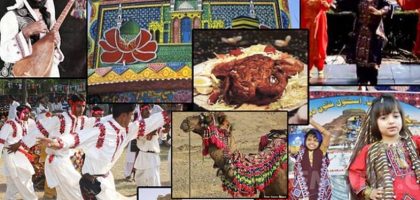Balochistan – The Untamed Frontier
Pakistan’s Largest and Least Explored Province
Covering nearly 44% of Pakistan, Balochistan is a land of majestic mountains, tribal traditions, and ancient mystery—offering raw, untouched landscapes and cultural depth for the adventurous soul.
Culture and Tribal Identity
The Baloch People
Baloch tribes are known for their fierce independence, oral poetry, traditional music, and intricate embroidery.
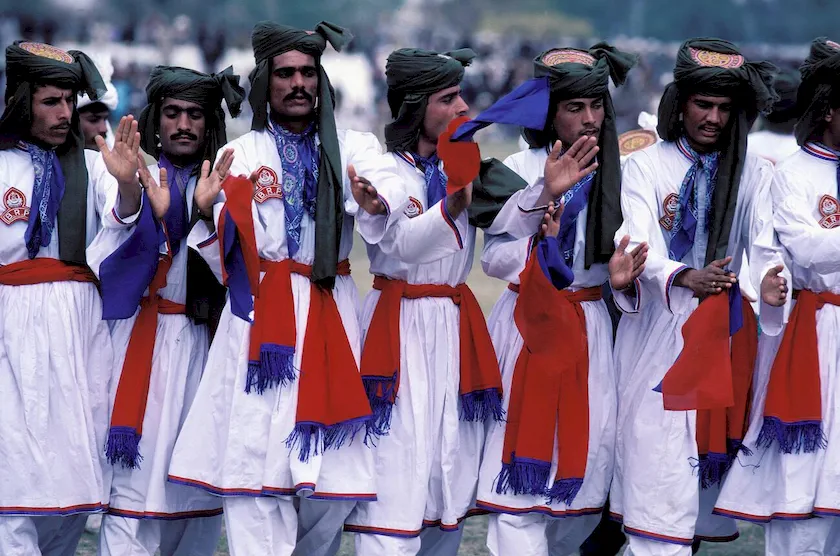

Language and Lifestyle
Balochi, Brahui, and Pashto are spoken, with nomadic and semi-nomadic lifestyles still prevalent. Cities like Quetta balance tradition and modernity.
Natural Wonders and Landscapes

Bolan Pass
Historic trade route with dramatic cliffs
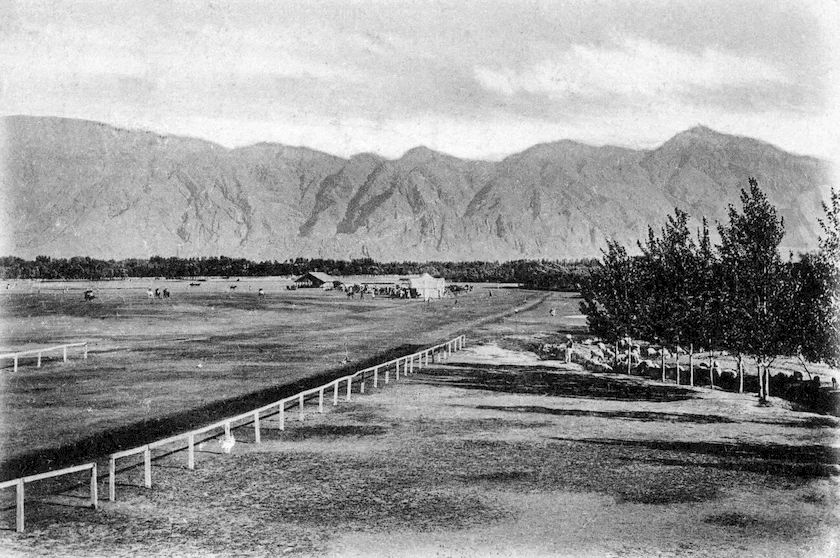
Chiltan & Koh-i-Murdar
Trekking and folklore

Astola Island
Pakistan’s only coral-rich offshore island
Places to Visit in Balochistan

Hingol National Park & Princess of Hope
Desert canyons, rock formations, and Hindu pilgrimage site Hinglaj Mata.
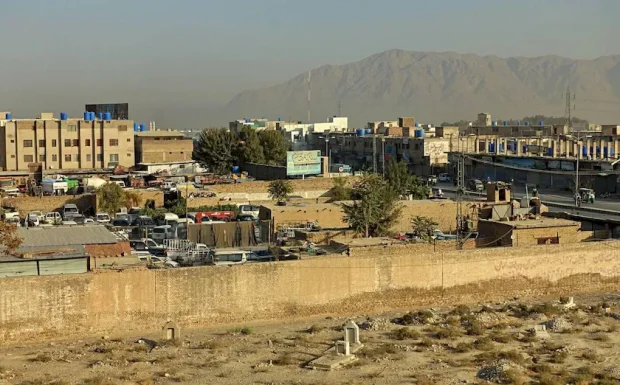
Ziarat – The Juniper Sanctuary
Home to ancient Juniper forests and Quaid-e-Azam’s final residence.
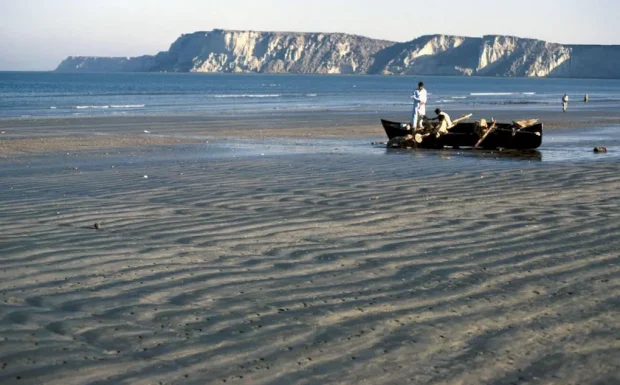
Gwadar and Makran Coast
Modern port city with pristine beaches like Kund Malir and seafood culture.
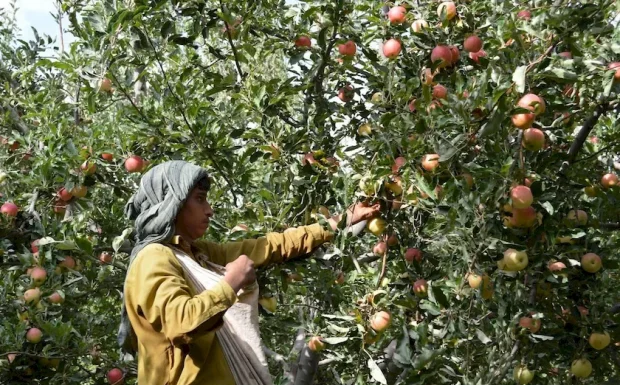
Quetta – The Orchard of Pakistan
Mountain-ringed valley with Hanna Lake, fruit orchards, and historic bazaars.
Events and Festivals

Sibi Mela
Livestock fair with Baloch music and dance

Jashn-e-Balochistan
Celebration of arts, crafts, and heritage
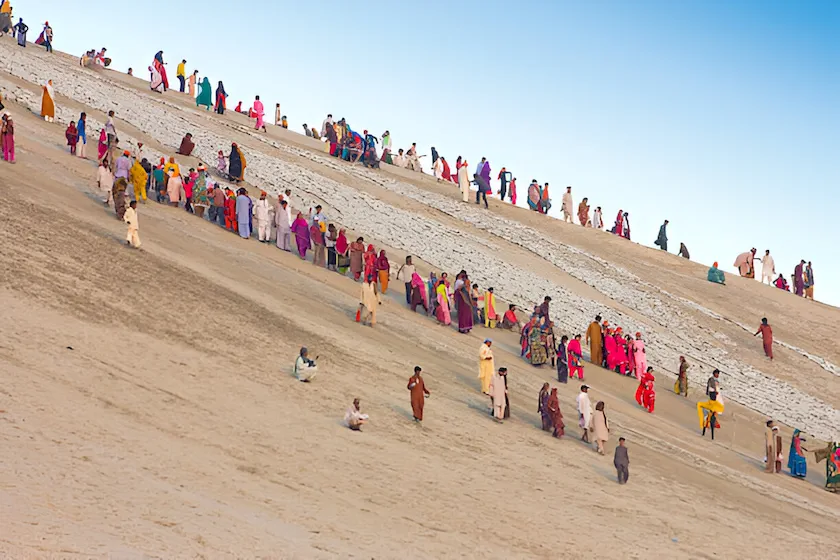
Hinglaj Yatra
Major Hindu pilgrimage to Hinglaj Mata
Recommended Tours
27 Days 26 Nights
Starting From $6500
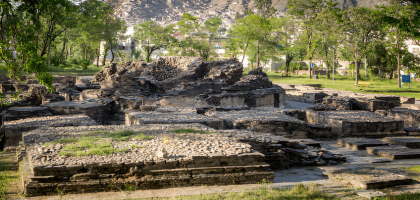
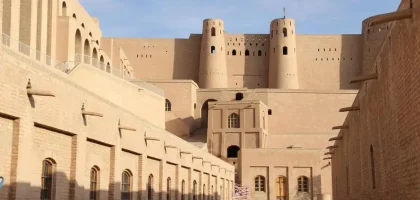
Frequently Asked Questions
What is Balochistan known for?
Dramatic landscapes, tribal culture, and historic trade routes.
Is Balochistan safe for tourists?
Major areas like Quetta and Gwadar are accessible; remote travel should be guided.
Best time to visit?
October to March for cooler, pleasant weather.
Go where few have gone before
Venture into Balochistan—Pakistan’s final frontier—to witness tribal pride, untamed nature, and ancient whispers across sand and stone.


